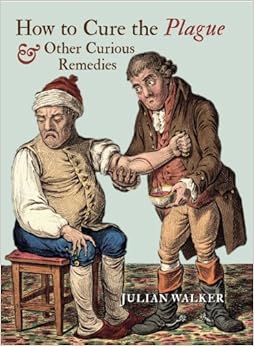America and its allies expended a decade's worth of blood and treasure in Iraq, but we left no trace - because we were too polite to do any "cross-cultural sharing" of our own. So we live in a world of remorseless, incremental one-way multiculturalism - which is, ultimately, far more powerful than the laughably misnamed "shock and awe".
A couple of days ago, you'll recall, we featured current controversies over a metal cross retrieved from the rubble at Ground Zero, and a roadside cross marking a fatal accident in Lake Elsinore, California. American Atheists and the American Humanist Association are suing over both outrageous provocations.
On the other hand, as far as I'm aware, American atheists and humanists have no plans to bring any separation-of-church-and-state suits against the City of Minneapolis, for its observance at City Hall last month of "Hijab Day". Female members of the city council wore the hijab, as did the Chief of Police, Janeé Harteau, a lesbian who recently married her "favorite sergeant", Holly Keegel. I have no idea what Sgt Keegel wore for Hijab Day. Maybe she went as the Grand Mufti.
Hijab Day grows a little bigger around the world each year. Its purpose is to enable the rest of us to show our support for women who choose to go covered. In reality, for most Muslim women around the world, the choice is made for them - by men. In Afghanistan under the Taliban, women were forbidden by law from ever feeling sunlight on their faces. Maybe most of them would have "chosen" not to feel it anyway, but we'll never know, will we? And in the west young Muslimas who decline their fathers' and husbands' choices do so at their own peril:
Why aren't Noor Almaleki and Aasiya Hassan as famous as Matthew Shepard? They weren't in up-country villages in the Pakistani tribal lands. They were Americans – and they died because they wanted to live as American women.
Nonetheless, on Hijab Day, non-Muslim women like Minneapolis' Police Chief demonstrate their support for the right of women to "choose" to go covered by enthusiastically joining in. City Hall staffer Ilhan Omar enthuses: "I love cross-cultural sharing." So do I! Now that the lesbian police officers have spent the day in hijabs, when are we having Pride Day at the mosque?











